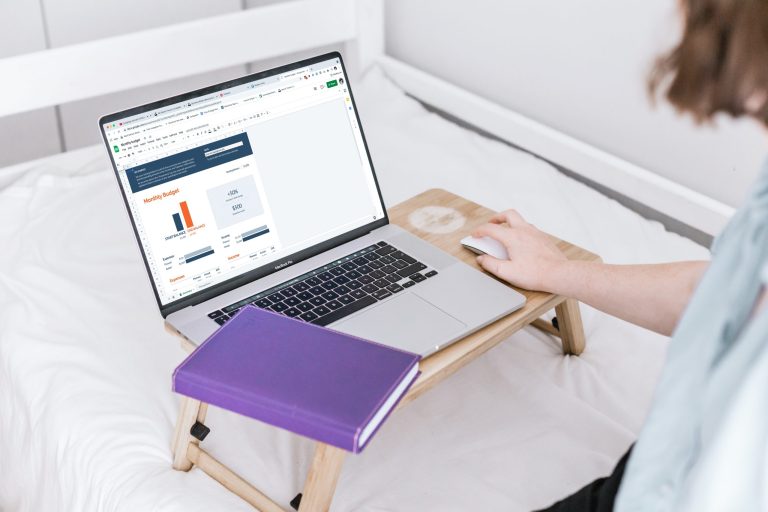Families come in all different shapes and sizes which means they all have different financial goals.
When thinking of your own family’s goals, here are some things that you may want to consider:
- How you want to save and spend money
- If you want to grow your family
- What an achievable budget looks like
- Where/if you can get extra financial support
Setting Financial Goals
1. Identify Meaningful Goals: Choose goals that truly matter to you and your family. This might include saving for an annual holiday, a house extension, or future needs. Customise these goals to suit your unique circumstances and create a plan to achieve them.
2. Consider Your Children’s Future: Think about the things you would like to save for to support them as they grow up, such as:
- Paying for higher education
- Contributing to their first home purchase
- Covering wedding expenses
- Buying them their first car
Opening a savings account dedicated to your child’s future could help you support their finances. Our Junior Account can help kickstart their savings journey. To encourage savings habits, we will deposit £5 into the account upon opening.
3. Plan for Unexpected Events: Life is unpredictable, so it’s important to have a financial cushion for emergencies. This might include creating an emergency fund or getting appropriate insurance to cover unexpected costs.
For further information on possible financial support, click here.
What to Consider
Starting or expanding your family involves many considerations and potential costs. Welcoming a new child can be expensive as you need to purchase the big items like prams but also the smaller necessities like baby wipes, nappies, clothes and much more. To help manage these expenses, Money Helper offers a comprehensive Baby Cost Calculator. It’s also essential to think about how your income might change due to maternity, paternity, or adoption leave. Additionally, it’s worth considering your plans for returning to work as this will potentially involve childcare costs or you may choose to reduce your hours or not return to work at all, these all come with cost implications. As a result you may need to reassess your budget and see if there are any opportunities to cut costs.
In addition, big life events like moving home, paying off your mortgage, or retiring early can also impact your finances. Moving comes with costs like hiring movers, buying new furniture, and possibly renovating your place. Paying off your mortgage might tighten your budget for a while, but it could be worth it for the extra disposable income in the long run. Retiring early means you’ll need to plan carefully to ensure your savings can support you, including thinking about pensions and the fact that you’ll stop earning a regular income. It’s important to review your budget and look for ways to save money during these transitions.
Achievable Budgeting
Creating an achievable and realistic budget is essential to successfully manage your finances. Here are some tips to help you develop a budget that works for your family:
1. Be Realistic: Your budget should be both achievable and realistic. If it’s too strict, you may struggle to stick to it and end up back at square one.
2. Track Monthly Income and Expenses: Start by noting down all your monthly income and expenditure. Include major expenses like rent or mortgage and bills, as well as smaller costs such as travel expenses and subscriptions. This detailed approach will give you a clearer picture of where your money goes.
3. Use a Budget Planner: Our Budget Planner can help you review your finances comprehensively. By entering your monthly income and expenses, you can gain a more in-depth assessment of your overall financial situation.
4. Identify and Reduce Unnecessary Spending: Look for areas where you can cut back. Once you’ve identified these areas, set a goal to reduce spending and redirect the amount you wish to save savings into an a savings account on a monthly basis.
By following these tips and regularly reviewing your budget, you can create a financial plan that is both practical and sustainable for your family.
Financial Support
Whilst having a child can be stressful financially. There are some things that might help mitigate the pressure, here are just a few things that you might be eligible for:
- Child benefit
- Child Tax Credit
- Tax-Free Childcare
- Help with home to school transport
- Free school meals
- Carer’s Allowance











